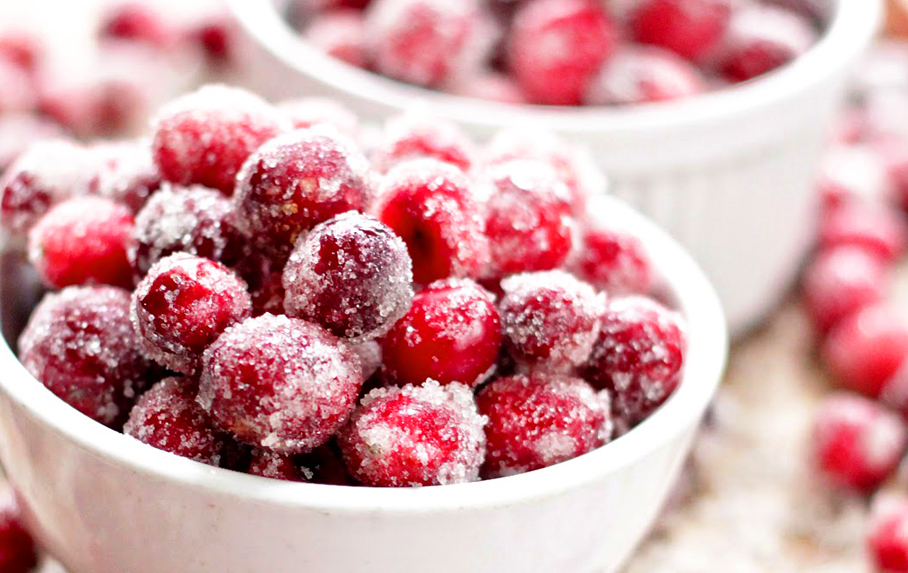Within the last five years, sugar has been targeted by the media and the health industry. It has been touted as ‘the devil’, and widely studied to reveal its role in the development of metabolic conditions, including increased blood pressure, diabetes, obesity, heart disease and stroke – conditions that are making many of us unwell. Medical research behind sugar’s detriment adds up, and it’s almost impossible to shield eyes and ears from the media’s continual blazing of the sugar reduction message… So why are we all still eating it, and finding it impossible to avoid?

The problem with this messaging is that our idea of what sugar actually is has been warped. Sugar has become a blanket term for anything that’s not savory; even whole foods like fruit and un-sweetened dairy products are being perceived as ‘bad’ and we’re all finding it impossible to sift through the sugar literature to ascertain what we should and shouldn’t be eating. Anything in excess is not great, even the good stuff. Diets aside (here referring solely to what you eat), too much screen time is not great, too much exercise is not great – see the pattern?
Sugar is not going to go away any time soon; the bottom line is, that despite media messaging and our acquisition of knowledge, sugar is still one of Australia’s largest exports, generating over $2 billion per annum. With this in mind, we need to flip our perspective. Our first taste of food as newborn babies is the taste of sugar found in lactose *our mother’s milk), and we immediately wanted more of it to help us grow as babies. Our innate desire for sugar is not going anywhere. Does this mean we need soft drinks, cakes and cookies? No. We need carbohydrates – the overarching category the term ‘sugar’ falls under – from which we specifically need glucose to energise our cells, to feed the brain and avoid ketoacidosis.
“Anything in excess is not great, even the good stuff.”
Consulting the Australian National Health and Medical Research Council (NHMRC) for intake reference of carbohydrates does not set things straight:‘The lack of reference for total carbohydrates in no way reflects a lack of value as a key component of the diet. The type of carbohydrate consumed is paramount in terms of health outcome.’This statement infers that some carbohydrates are better than others – it’s no wonder we’re confused!

Chocolates, cakes and ice cream all have one thing in common; they’re delicious! We have seen a shift in the way that some of these items are made, and now have great access to goodies that are made to reflect certain diets: Paleo! Gluten-free! Dairy-free! Refined sugar-free! Labels aside, regardless of whether these items are made from dates, maple syrup or bananas, they all still boil down to the same thing… sugar. The fact of the matter is we cannot lose sight of real food and we need to embrace balance.

We’re not going to stop craving sugar and we’re not going to stop eating sugar, but what we can do is help manage those cravings and help soften the blow of how much sugar we consume by eating a wide variety of whole foods.







